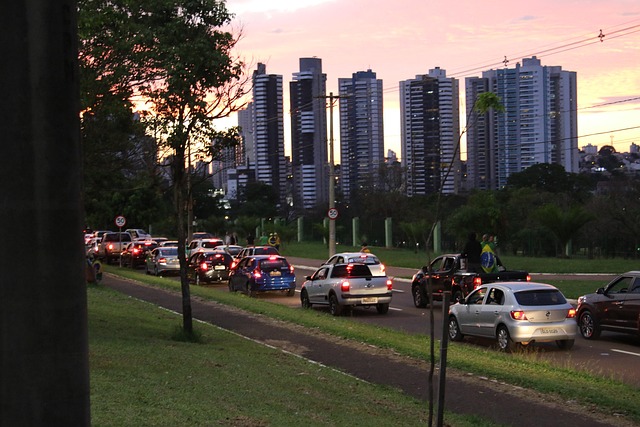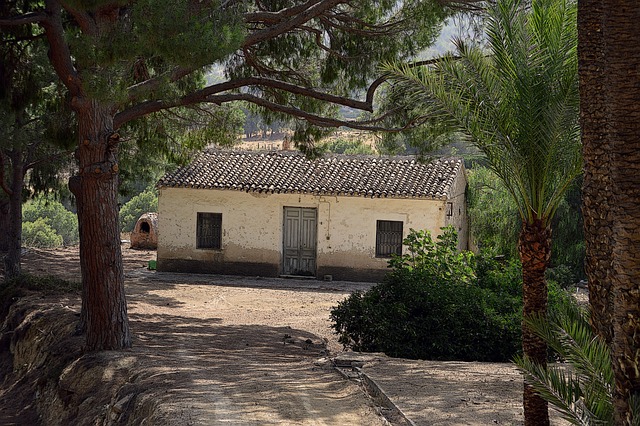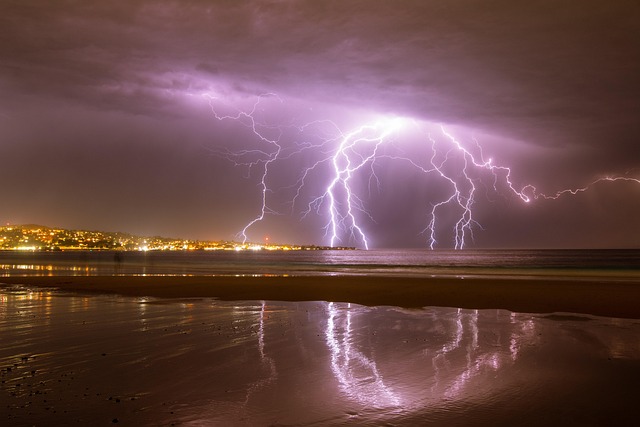Cultural festivals serve as powerful community builders and economic drivers, especially within real estate sectors. They attract diverse audiences, foster social connections, and increase neighborhood vibrancy. For real estate professionals, these events provide strategic opportunities to market local attractions, boost property values, and stimulate market activity through increased foot traffic. Festivals offer immersive experiences that engage audiences with interactive workshops and activities. Real estate industries can collaborate with festivals to create unique platforms for property showcases, attracting diverse audiences seeking community and lifestyle experiences, ultimately driving sales and brand buzz.
Cultural events and festivals play a pivotal role in community building, fostering connections, and driving economic growth. These vibrant celebrations become the heart of communities, attracting diverse audiences and promoting cultural exchange. This article delves into the multifaceted impact of cultural festivals, offering insights on planning and hosting strategies to ensure engagement. We explore the unexpected synergy between real estate and these events, revealing opportunities for mutual benefit and long-lasting community enhancement.
The Role of Cultural Festivals in Community Building and Economic Growth
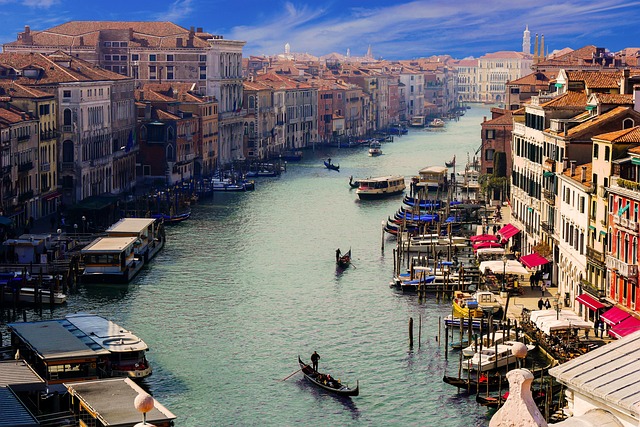
Cultural festivals play a pivotal role in fostering community bonds and driving economic growth, especially within real estate sectors. These vibrant celebrations attract locals and tourists alike, creating a sense of belonging and unity among diverse populations. The buzz and energy during festivals transform neighborhoods into lively spaces, encouraging social interactions that strengthen community ties. For real estate professionals, these events present valuable opportunities to showcase local attractions, enhance property values, and stimulate market activity.
Festivals act as magnets, drawing people from far and wide, which can lead to increased foot traffic in nearby areas. This influx often results in higher demand for accommodations, restaurants, and entertainment venues, benefiting local businesses. Moreover, cultural festivals can revive underutilized spaces, making them desirable locations for property developers who seek to capitalize on the growing interest and investment opportunities sparked by these events.
Planning and Hosting Successful Cultural Events: Strategies for Engaging Audiences
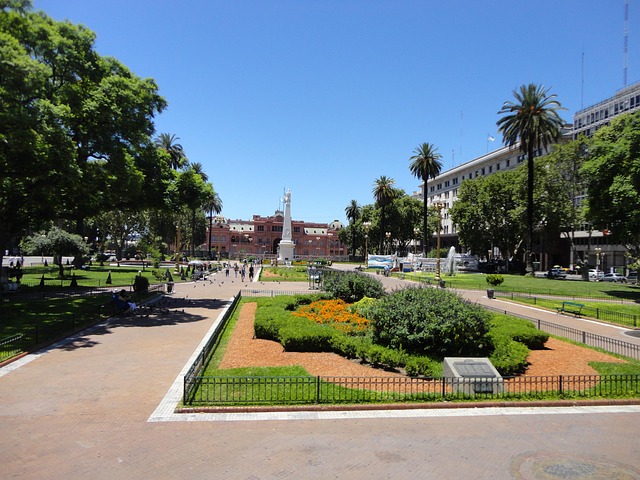
Cultural events and festivals are a vibrant aspect of any community, offering a unique opportunity to showcase local traditions and attract visitors. When planning these events, organizers must consider several strategies to ensure a successful engagement with audiences. One key element is creating an immersive experience that goes beyond mere entertainment. By incorporating interactive elements, such as workshops, demonstrations, and hands-on activities, participants become active contributors, fostering a deeper connection to the cultural heritage.
The real estate of these events—both physical and virtual—is crucial in achieving high audience engagement. Utilizing public spaces, historic sites, or even transforming ordinary locations can create a memorable atmosphere. Additionally, with the advancements in technology, virtual reality and online streaming allow for global participation, expanding the reach and appeal of cultural festivals far beyond geographical boundaries.
Real Estate and Cultural Festivals: Exploring Synergies for Mutual Benefit
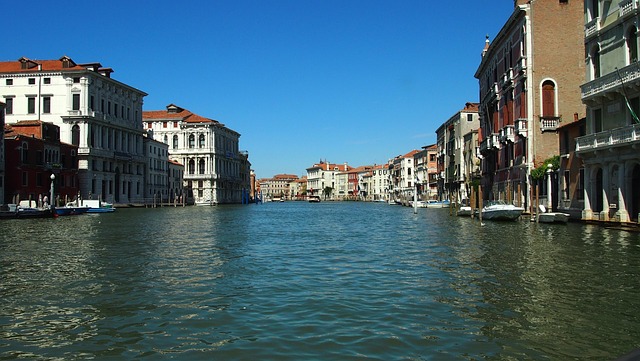
Cultural festivals and real estate industries may seem like unrelated entities, but they can actually share a powerful synergy that benefits both parties. Festivals, with their vibrant atmospheres and diverse audiences, offer unique opportunities for real estate developers and agents to showcase properties in an engaging manner. By hosting events or setting up interactive booths at festivals, the industry can attract potential buyers and renters who are often seeking more than just a physical space—they’re looking for a community and lifestyle experience.
For instance, a real estate company could sponsor a music festival, providing luxurious viewing areas and exclusive after-party experiences for attendees. This not only generates buzz around their brand but also positions them as contributors to the local cultural scene. Similarly, developers can organize art exhibitions or food festivals at upcoming property launch events, creating memorable experiences that leave a lasting impression on visitors and potentially drive sales.


